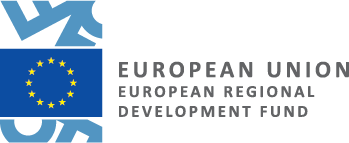Honeycomb of words
Slovenia is a small country at the heart of European diversity.
The country's territory marks the meeting place of three major ecosystems – the Pannonian Plain, the Alps, and the Mediterranean – which makes it one of Europe's most biodiverse countries in terms of the number of plant and animal species per square kilometre. Bees play a vital role in maintaining this special diversity: without their pollinating efforts, our colourful world would turn into but a gloomy moor.
Slovenia also lies at the crossroads of four European linguistic groups: Slovenian belongs to the Slavic language group, and borders the Romance, Germanic, and Uralic linguistic groups. At this unique European crossroads of languages and cultures, playwrights, poets, writers, journalists, teachers, priests, and all people who write and speak Slovenian in general have, over the centuries, moulded their language into a dynamic communication tool. Relatively few people speak it, but it is a language of love sonnets, crime and hermetic novels, and is likewise used to discuss advanced quantum mechanics and psychoanalysis.
Slovenian language
Traditionally, Slovenian intellectuals and writers have been multilingual due to the small number of Slovenian speakers and their location at the crossroads of numerous cultures, and many of them have written their respective works in at least one foreign language. This is where we draw our fascination with the honeycomb of words from: just as bees – in proportion to their size – venture far out into the world to return back home with only a drop of nectar and a speck of pollen, so too have various cultural, artistic and intellectual influences entered the Slovenian language and Slovenian culture through numerous translations and authors who have emigrated to Slovenia from elsewhere. Authors writing in Slovenian have shaped a multifaceted yet independent, dynamic, and original world by drawing on these influences. The result of this is a culture that reflects European diversity, while at the same time remaining independent and original; it is an independent cell that recognises the fact that it owes its existence and development to the connections it has with the honeycomb of humanity.
Slovenian program GOH
Slovenia is the third Slavic guest country at the Frankfurt Fair and at the same time a small book culture that has produced some internationally influential authors in the last two decades. It looks small and marginal, just as bees are also small and marginal at first glance. But with both, appearances are deceiving: the world is big, beautiful and colorful mainly because of them.
For the Slovenian GOH program, we want it to become one of the turning points in the process, which will further accelerate interest in book works that are created in many smaller, but living and dynamic book cultures.
Author: Miha Kovač

